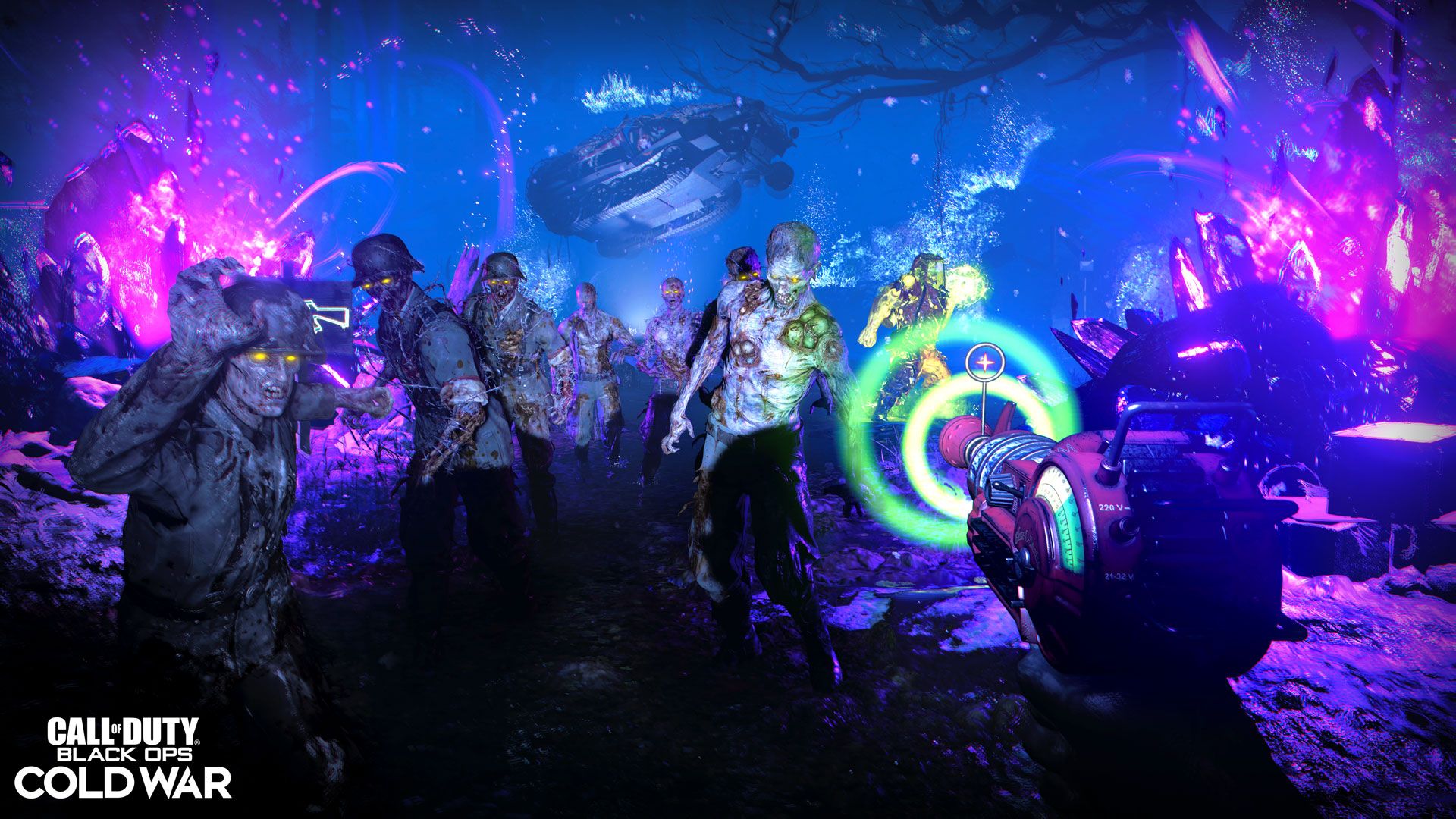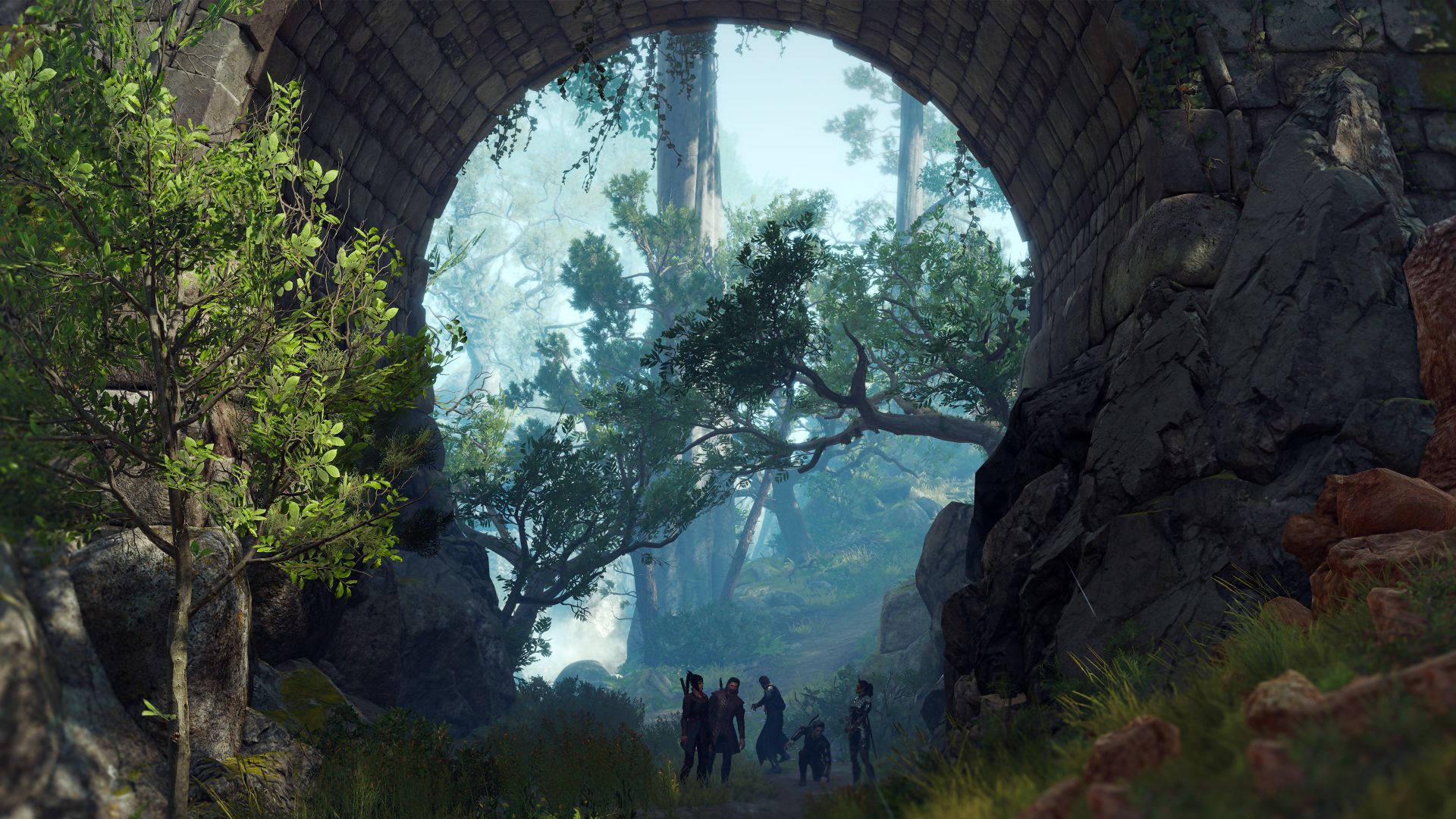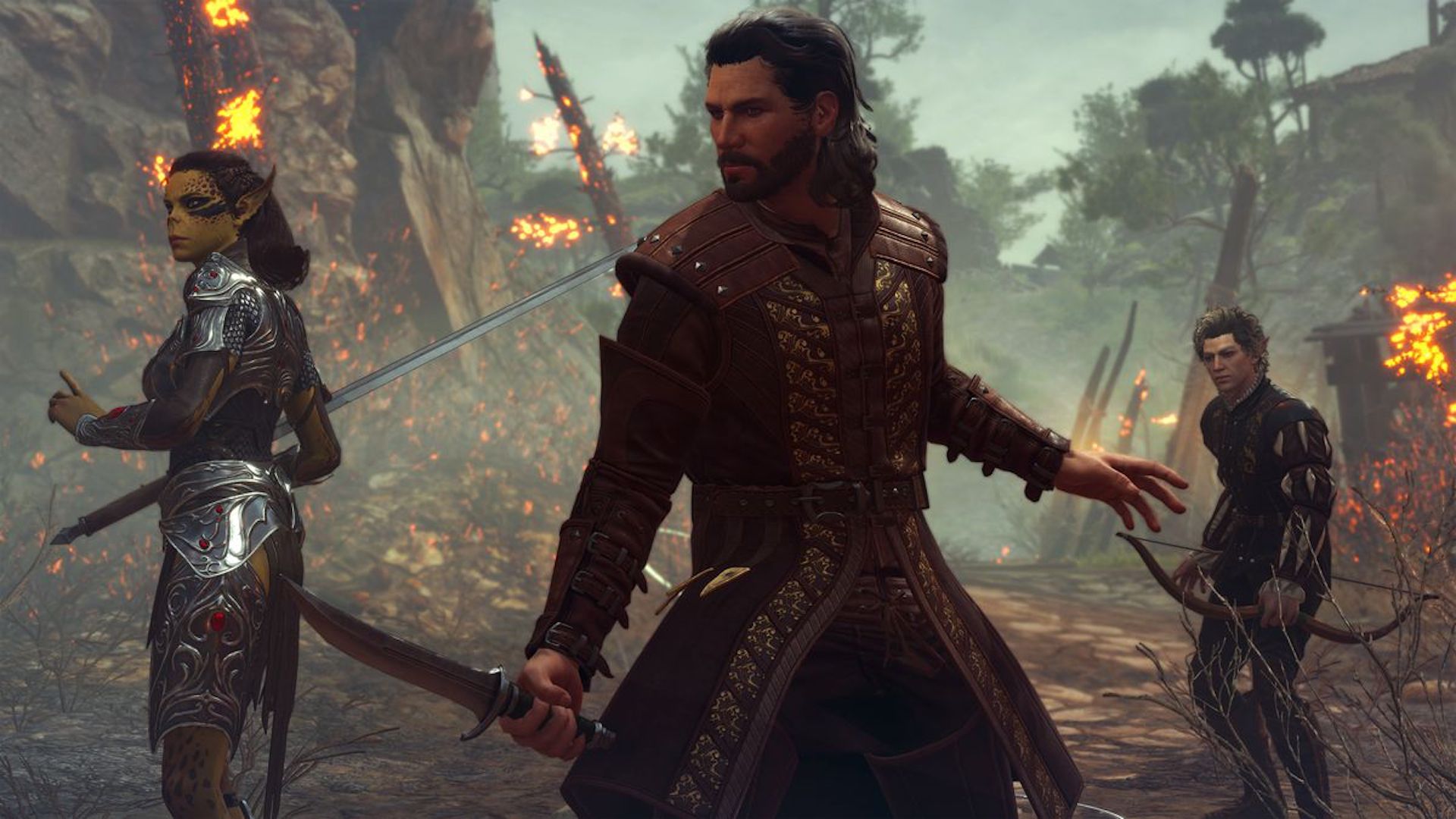
It’s been a joke for a while now, how certain titles require so much work post-launch that the initial buy-in may as well be considering “early access.” Marvel’s Avengers, The Division, Ghost Recon Breakpoint, Destiny 1 and 2, Fallout 76, Anthem and Diablo 3 have been through this. However, single-player titles are no stranger to the same. The latest title to be derided as launching into “early access” is CD Projekt RED’s Cyberpunk 2077. Whether it’s performance issues, bugs or missing features, there’s a sentiment among numerous players that the game will likely be “complete” by 2022 (if not later).
However, it’s important to look back on several other problematic titles that were released last fall. Call of Duty: Black Ops Cold War received some positive feedback on Zombies and the campaign but there’s no denying that it was rife with bugs and issues including crashes. Multiplayer is a different matter altogether – from the initial alpha till now, it’s been criticized for its map design, lack of content, balance issues, matchmaking, the list goes on.
Watch Dogs: Legion also had a number of bugs when it launched, not the least of which included saves becoming corrupted. Complaints of lost progression would continue to be an issue on Xbox Series X/S (and it’s not clear whether they’ve been addressed yet or not). The development team made the decision to delay multiplayer to focus on polishing the base game and fixing bugs, which should indicate just how many problems there were. Then there’s Assassin’s Creed Valhalla which, despite critical acclaim, launched with its own share of bugs from progression blockers to floating ships (which have been addressed recently). Other complaints also cite the problematic audio and animation quality.
One has to ask the question then – why don’t such titles go into early access? It sounds like a joke but triple-A titles are becoming bigger, if not more ambitious. Development teams number in the hundreds with budgets easily exceeding tens of millions of dollars. The challenges of optimizing for current-generation hardware also can’t be overstated and when crises like the current global “situation” come up, development is bound to be affected.
From that perspective, early access makes some degree of sense. Granted, the development team could still push out features that don’t make sense while not offering the complete game at release. Expectations are more managed in this regard – the consumer knows what they’re getting into, after all. Development is also at a stage where things can change pretty significantly.
The amount of feedback that can be garnered is also much higher – at least, depending on how many people play – and certain issues can be ironed out before the final release. Furthermore, if someone is interested in an early access title, there’s that feeling of waiting until the game is complete before venturing forth. It helps provide some much needed information on the actual development during this time. Are milestones being met? Features being dropped? How is the performance and optimization shaping up?
One might think this is only applicable for titles (like Hades) which are decidedly indie (and still incredibly worth your time and money). But there’s certainly a precedent for big-name titles entering early access. Mount and Blade 2: Bannerlord has been in the works for years and launched into Steam Early Access last year for $50. Impressions were very positive but it still faced issues with optimization, bugs, crashes and lack of content. TaleWorlds Entertainment has been fairly transparent on all of this, providing regular updates on goals and breaking down major upcoming features. It’s a slow process, one that not every fan of Mount and Blade: Warband is happy about, but it’s working.
Baldur’s Gate 3 from Larian Studios launched for the $60 price tag – its overall team size started at 200 developers internally and was stated to cross 300 in external developers. Before launch, the development team was incredibly transparent about what to expect. When it first debuted gameplay at last year’s PAX, it was from a work-in-progress build that didn’t even have the saves implemented, not to mention numerous bugs. As time went on, it showcased more features and outlined all of the classes and content that could be expected in early access while reiterating that it was for fans who wanted to play a part in the development process. It pretty much told players who expected a full, polished experience to wait until the game released.
And once again, there have been issues throughout early access, from corrupted saves to numerous bugs. But throughout it all, Larian Studios has remained transparent. Its most recent update saw animations improved, several non-combat situations providing XP and even reworked cinematics. Even with the current party members made to be evil, players complained that they nitpicked way too often and thus they were changed to be more tolerable. Various combat balance changes, quality of life features and UI improvements were also implemented.
Early access titles aren’t without their faults though. For every major success, there are several other titles that linger for too long, release half-baked or don’t release at all. Among the successes as well have been plenty of titles, from Dead Cells to Torchlight 3, that received criticism for their choices (with the level of severity varying). Furthermore, putting a title into early access may provide consumers with more transparency into the overall development process and afford opportunities for the developer to further polish its game, but all effort is still on the developer.
If the actual development process is highly flawed, then early access will simply expose this problem to more consumers. The final result may have less bugs yet even that isn’t guaranteed. You need only look at the various insider stories on development troubles at BioWare, Treyarch, CD Projekt RED and so on to see how anything from technology issues to a flawed vision and unrealistic deadlines can mire a project.
You’d think that’d be the only reason that major publishers wouldn’t have their titles in early access and are content to go with limited time betas before launch. Why allow fans to have a closer look at the process and attract criticism before launch? This is besides betas serving as incentives to drive up pre-orders, of course. The reality is that many triple-A titles won’t look at early access because of the loss of sales.
While Baldur’s Gate 3 will surpass developer expectations and Mount and Blade 2: Bannerlord will rack up over 110,000 user reviews on Steam, big publishers are looking for millions of sales, at the minimum. They know that on the customer side, “early access” for content that will take time to release in full isn’t what their most rabid fans want. It’s more of the same and at a rapid pace, regardless of quality, bugs or development problems.
For big developers and publishers that aren’t bound by yearly releases, it’s about receiving the largest return on investment as soon as possible. If Rockstar Games launched Red Dead Redemption 2 into early access, would its fiscal year sales be high enough for shareholders? Probably but a publisher like Take Two Interactive knows that even more money can be made from a complete release.
Early access development has its ups and downs, providing some of the best titles over the years along with some of the least compelling. While a massive RPG like Baldur’s Gate 3 benefits from feedback over a longer period of time, the same principles just can’t apply to a different game with a different pipeline, developer practices or publisher expectations. It’s a difficult problem to solve, one that requires sacrificing profit, either short-term or long-term, for the sake of developers and the overall quality of the product. Whether most companies are willing to make that sacrifice while revamping their internal policies and practices will continue to be one of the biggest questions for triple-A development in the years to come.
Note: The views expressed in this article are those of the author and do not necessarily represent the views of, and should not be attributed to, GamingBolt as an organization.

















